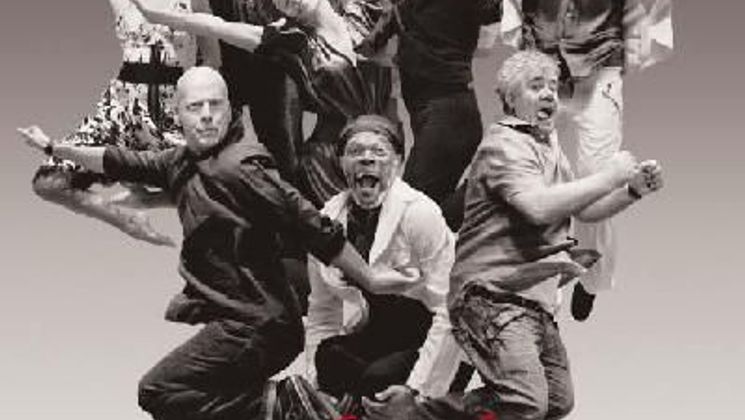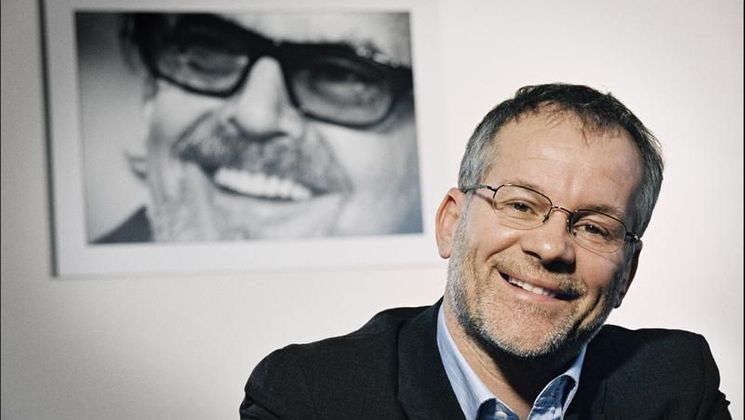
Opening Forum “Cinema: The Audiences of Tomorrow”

One of the events opening this 60th Cannes Film Festival was a forum concerning the cinema of tomorrow. The discussion centered on the issues faced by cinema in the coming decade, as digital
technologies become increasingly prevalent. Professionals from the worlds of film and new media, journalists, and sociologists thus came together this afternoon, Wednesday, May 16, in the Salle
Buñuel, to discuss the paradigm shift the Seventh Art must prepare for, with new trends in film viewing practices, and the links between cinematographic creation and new film promotion and
distribution media. They also examined the ways in which these new film distribution media might affect the impact a film has on a viewer.
After a welcoming speech given by Catherine Démier, General Director of the Cannes Festival, Philippe Dana, a journalist at iTélévision and Canal +, screened ITV, a film
introducing the Forum, made by the agency CAPA. A number of speakers then took the podium to present the various themes that would be the subject of the encounter. The first of these was Michael
Gubbins, an editor at Screen International, who opened the Forum with a talk entitled “Digital technologies in the era of globalization.” He emphasized the fact that these changes are
irreversible, but demonstrated that, if the wave of change is surfed successfully, the revolution will be beneficial. Next, Adrian Sexton, Executive Vice-President of Digital and Participant
Productions, outlined the changes engendered by the new digital environment, from creation to distribution, including marketing. He also discussed ways for filmmakers to maintain greater control
over their work as well as decrease their production costs, while attracting the 2.0 audiences.
Danah Boyd, ethnographer and community networks researcher, gave a talk on the impact of new media and 2.0 Web on filmmaking – both as concerns film production and distribution, and
audiences. She commented on the way technology affects practices at every step of the filmmaking process, and discussed the effect on filmmaking and the advent of community networks like MySpace
and YouTube. “The teenagers of today post images from films they identify to their blogs the way those of yesterday used to hang posters on their bedroom walls.” she observed. “They don’t have
the impression they are stealing someone’s property. For this generation, it is totally normal to play with film content and share it via the Internet,” she continued. “The Internet has become
the place where they socialize, the way going to see a movie with a group of friends was, for earlier generations.”
Next, the Salle Buñuel hosted a discussion moderated by Colin Brown, editor-in-chief of Screen International, on new trends in the roles of film directors, producers, and distributors, in
a rapidly evolving digital environment, and the new perspectives available to artists and film viewers. The debate concluded with a presentation by Emmanuel Ethis, a film and film-audience
sociologist, who explained, “to endure, any new means of filmmaking and film-viewing must primarily be conceived as a subtle art of encounter.” He went on to say, “Because digital media make it
possible to tailor the cinematic offer to the individual’s demand, they are also a factor in the growing segmentation of the audience.” “The concept of the general public, as applied to film, is
in the process of shattering,” Ethis declared. “In the old days, a film buff was supposed to be knowledgeable about a canon of classic films. This requirement has disappeared, replaced by a trend
whereby viewers focus increasingly on a niche genre, as shown by the proliferation of themed websites.”
The findings of this forum will be presented to the European Ministers of Culture who, on Saturday, May 26, will be discussing the political aspects of these questions at the 5th European
Day.
Photo Copyright Anne-Laure BIGOT


